
What are the 3 Pillars of Corporate Sustainability?
In this article, we'll explore what the 3 pillars of corporate responsibility are, why they're important, and how businesses can turn them into practical action.
ESG / CSR
Industries
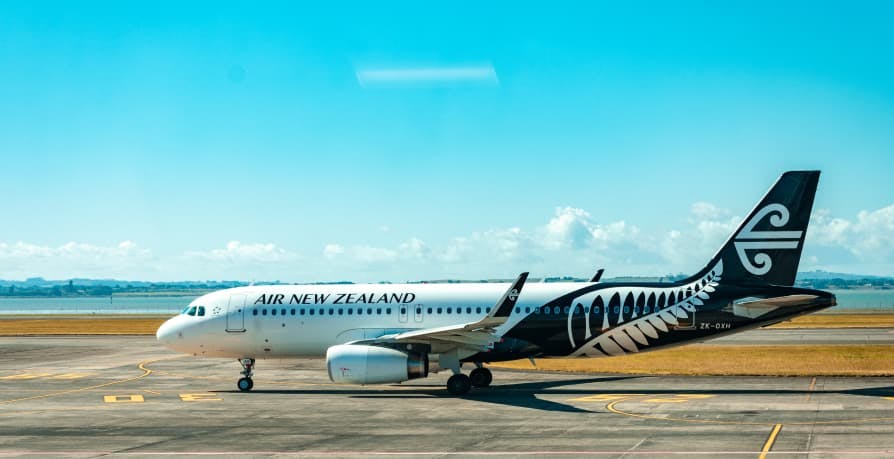


Travel has been in full-swing following the pandemic, with nearly 7 billion air passengers in 2022 alone – rising to almost 75% higher than pre-pandemic levels.
However, as most of us know, as exotic and exciting travel is – it isn’t always the best thing for the planet, especially air travel. That’s why measures like CORSIA have been implemented to help prevent the aviation industry from harming the planet even more than it already has.
What is CORSIA, how does it work, and why is it important in the midst of climate change?
In this article, we’ll explore why CORISA was developed and how it plans to play a role in mitigating the environmental impact the aviation industry has on the planet.
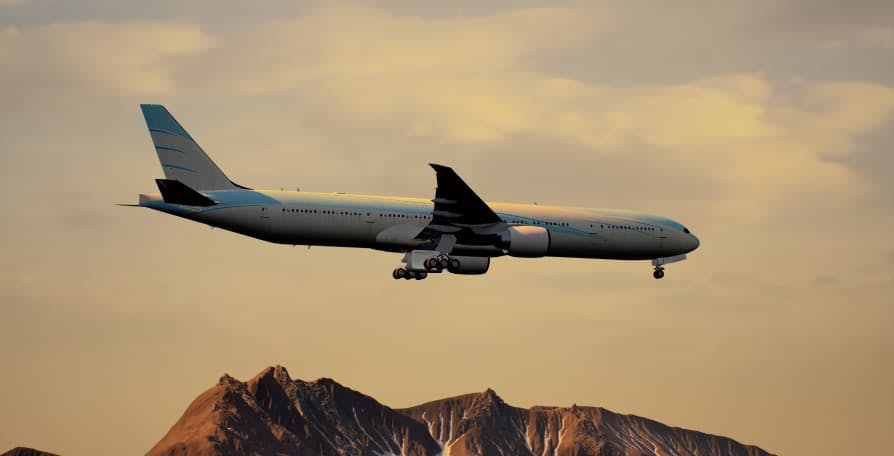
CORISA, or the Carbon Offsetting and Reduction Scheme for International Aviation, is a carbon emission reduction scheme to help reduce the carbon impact international flights have on the environment. It was originally created by the International Civil Aviation Organization and was officially adopted in late 2016.
As of January 1st, 2019 – CORISA has been implemented into international aviation, and as of 2021: all airlines are now required to share their annual carbon dioxide emissions. In addition to this, international flights are often also subject to contribute to carbon offsetting projects to compensate for the carbon emissions created while in air transit.
👉 However, it is important to realize that the main goal of CORISA isn’t to use carbon offsetting projects to make up for the emissions already created – but to encourage other efforts to decarbonize the aviation industry.
As of last year, the aviation industry accounted for 2% of global carbon emissions, and seeing as that number is only expected to increase in the coming years – CORSIA is determined to take control of the environmental impact the aviation industry has had and will continue to have on the planet.
👉 Ultimately, the main goal of CORSIA is to prevent the carbon emissions created by the aviation industry from exceeding 2020 levels.
CORSIA aims to accomplish this with three phases: a first phase where emission reporting is voluntary lasting from 2021 to 2023, and a second phase where reporting carbon emissions will be mandatory in most states lasting from 2024 to 2035. The third phase, starting in 2027, is when all international flights will be subject to offsetting requirements. However, flights to and from undeveloped countries, small island states, and landlocked developed countries may be exempt from reporting and offsetting under CORSIA.
In addition to providing these reports, CORSIA will also seek to reduce the environmental impact created by the aviation industry by:
However, it is important to remember that the main goal of CORSIA is to help directly reduce carbon emissions created by the aviation industry – not just to offset them with carbon offsetting projects. The main incentive to solve this long-term problem is to invest more time and money into the development of sustainable aviation fuel – as this remains as the main culprit for the industry’s massive carbon footprint.
These goals will not only help the aviation industry to reduce carbon emissions on behalf of CORSIA, but also to implement sustainable business practices that are becoming essential in our world today.
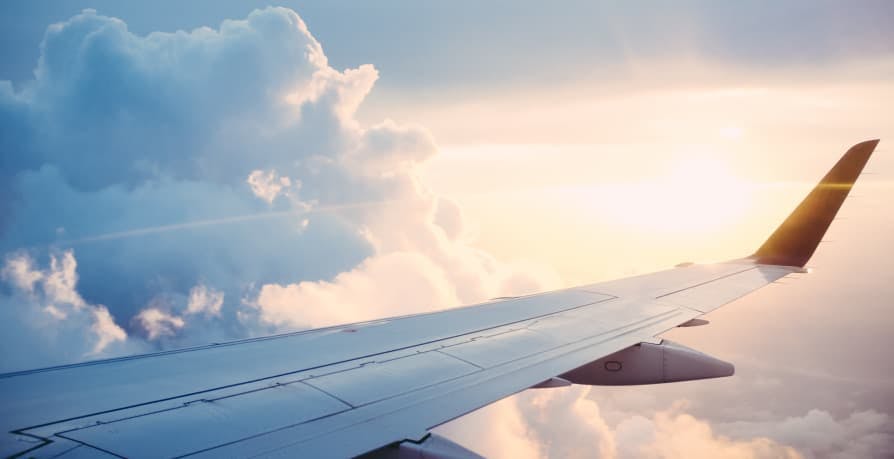
As explained before, CORISA works in three different phases.
👉 As of 2023, 115 countries in the world are set to participate in CORSIA, and in 2024 – ten more countries are expected to join.
The countries that agree to participate in CORSIA are usually subject to the following:
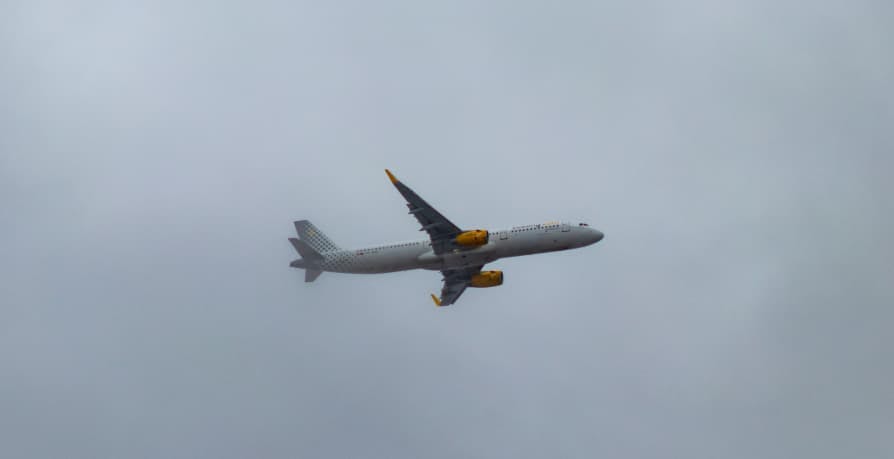
There are a multitude of reasons why CORSIA can serve as a pivotal element in our global efforts to rectify the aviation industry in the midst of climate change.
Here a few reasons why CORSIA might produce a ripple effect to not only help reduce emissions within the aviation industry but also, but other sectors as well:
Air travel has also been a way for many countries to revitalize their economics, even as a part of other events such as Taylor Swift’s Eras tour – seeing as New Zealand added thousands of flights just so people from New Zealand could attend the tour.
👉 Think of all the events people use air travel to attend: weddings, concerts, family reunions – the aviation industry is going to indirectly contribute to excess emissions, especially as post-pandemic activities ensue.
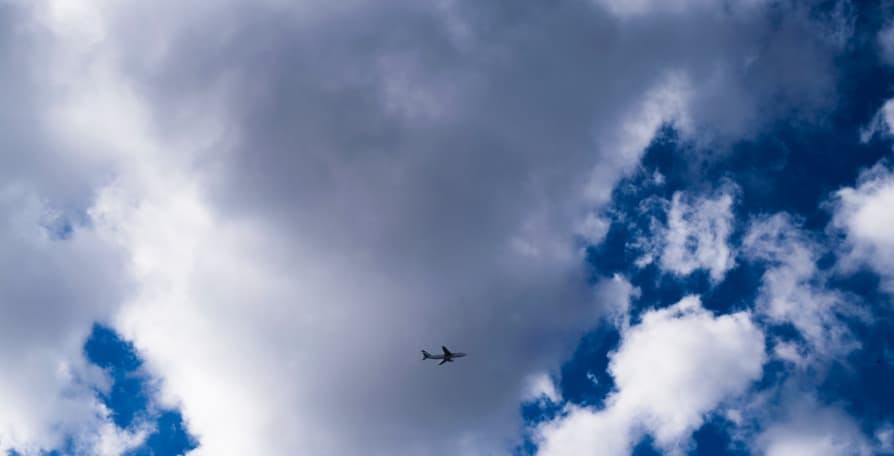
It’s true that government bodies and efforts such as CORSIA can do a lot to help reduce the emissions created by industries such as the aviation industry – which is largely due to factors outside of the consumer’s control (such as the type of fuel used or the energy efficiency of the plane itself).
However, that being said, there are still a lot of things that airline passengers themselves can do to help reduce the environmental impact of their air travel.
For instance, air passengers often have the choice to offset their own individual carbon emissions from their flight at check-out when purchasing a ticket – but there’s more incentives that airlines, especially those committed to CORSIA, could do.
One idea is that airlines could reward carbon credits or offer to donate to carbon offsetting projects on behalf of passengers who opt to pack light with a carry-on.
If you didn’t already know, the reason why airlines charge an arm and a leg for additional checked in baggage is because it means they have to put your heavy bag in the cargo of the plane instead of transporting goods – which costs the airline money. In order to compensate for transporting less cargo than planned, the airline will often overcharge you for additional luggage.

Since airlines technically won’t be “losing” any money for passengers who don’t check in luggage, they could use the money they “save” on being able to transport goods in the cargo hold of the plane to donate to these carbon offsetting projects.
Also, CORSIA and other organizations should commend airlines that offer more direct routes: short haul flights are bad and the most carbon intensive part of any flight is take off. Therefore, major airlines that are able to afford offering more direct routes should be commended as it helps to reduce emissions in the long run – meaning trying to avoid multiple layovers is the best way to go when it comes to the environment.
At the end of the day, efforts like CORSIA are important and will do more than just reduce emissions – they will help to promote the importance of sustainability and decarbonizing high-carbon emitting industries like the aviation industry.
If reading this article about CORSIA and how it works has made you interested in reducing your carbon emissions to further fight against climate change – Greenly can help you!
Keeping track of all the upcoming environmental legislations and efforts to come can be exhausting, but don’t worry – Greenly is here to help. Click here to schedule a demo to see how Greenly can help you comply with all of the upcoming regulations relevant to your company.
Greenly can help you make an environmental change for the better, starting with a carbon footprint assessment to know how much carbon emissions your company produces.